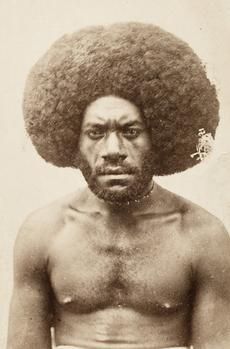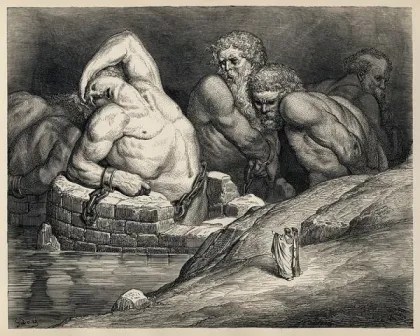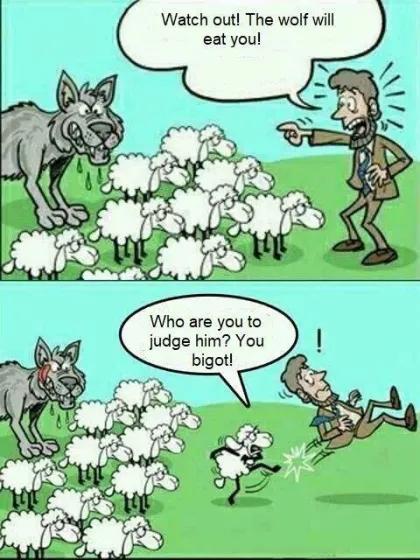Identifying the Biblical “Beast of the Field”, Part 1

Identifying the Biblical “Beast of the Field”, Part 1
In recent weeks, we have presented both our own views and those of Clifton Emahiser on the ridiculous so-called 6th and 8th Day Creation theory. Now we shall address another issue which is very similar to that theory, which is the idea that certain races of hominids, from which we have the non-White races of today, were among the “living creature” (chay nephesh) or the “beast of the earth” (chay erets) created in Genesis chapter 1 where we read: “24 And God said, Let the earth bring forth the living creature after his kind, cattle, and creeping thing, and beast of the earth after his kind: and it was so. 25 And God made the beast of the earth after his kind, and cattle after their kind, and every thing that creepeth upon the earth after his kind: and God saw that it was good.” This is the usual fall-back position for those who endeavor to squeeze the beast races of hominids, the non-White races, into the Creation of God, as if any of them could possibly be “good”.
When I began my presentation of The Only True Adam of Genesis series in late June, I explained that I did so in part to address “certain so-called pastors in Christian Identity who cling to this fallacy of an 8th-Day Creation, and have the nerve to ridicule us for refuting it.” Now one of those same individuals, whom I will not yet name, is attempting to argue with me in social media over the idea that Yahweh created the non-White races as “beasts”. So he clings to two ideas for the creation of non-Whites, the 6th & 8th Day heresy, and this concept which we will begin to address here this evening. One way or another, there are so many fools who feel that they have to squeeze non-White races into the Creation of God, when all this time a “tree of the knowledge of good and evil” representing the corruption of Yahweh’s creation by fallen angels stares them in the face, and they overlook the significance.













 Please click here for our mailing list sign-up page.
Please click here for our mailing list sign-up page.








Recent comments